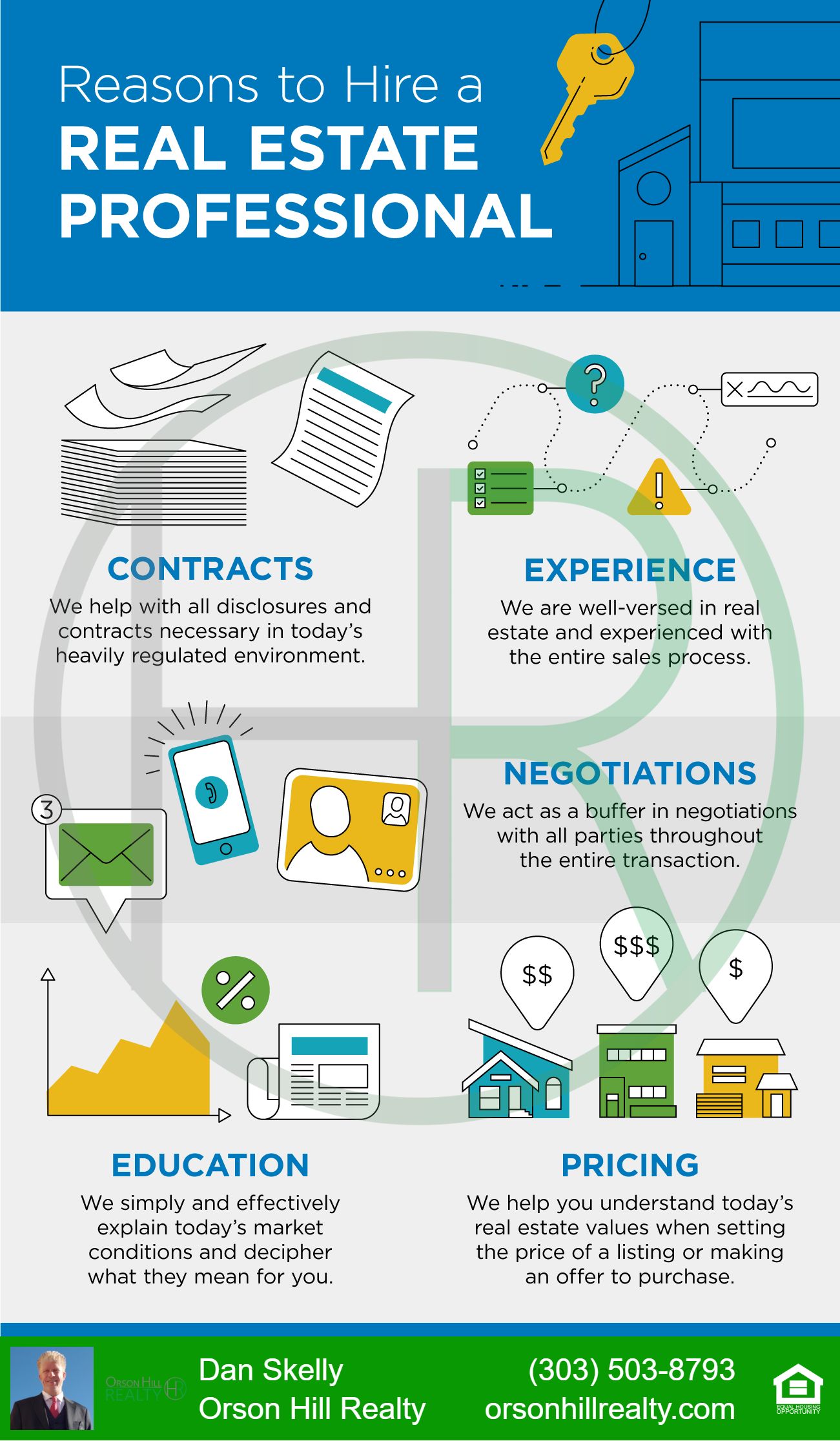
Wholesalers are the Bottom Feeders and Crooks of Real Estate
What is a real estate wholesaler?
When you hear about little old ladies getting screwed over in a real estate transaction or someone getting robbed or taken advantage of in a real estate transaction it is most likely are real estate wholesaler that did it. Not a licensed real estate agent.
In the intricate tapestry of real estate transactions, various players weave their unique threads. Among these, the real estate wholesaler stands out, often for reasons that are less than commendable. This article aims to unravel the complex role of a real estate wholesaler, highlighting the numerous pitfalls and challenges that make them a less than ideal choice for many participants in the property market.
Real Estate Wholesalers
The Enigma of a Real Estate Wholesaler
At first glance, the role of a real estate wholesaler might seem straightforward. They operate as intermediaries in the property market, identifying distressed properties or motivated sellers, securing a contract for the property, and then selling that contract to an end buyer, typically a real estate investor. The profit for the wholesaler comes from the difference between the price they contracted with the seller and the price they sell the contract for to the buyer. However, beneath this seemingly simple process lies a labyrinth of potential issues and complications.

The Wild West of Wholesaling
Unlike real estate agents who are licensed and regulated by state laws, wholesalers operate in a realm that is often compared to the Wild West due to its lack of regulation. This absence of oversight means that they are not held to the same ethical standards as real estate agents, and there is no guarantee that they will follow through on their promises. This unregulated nature of wholesaling opens the door to a host of potential issues, including fraud and unethical practices, making it a risky venture for both buyers and sellers.
The Unpredictability of Wholesalers
One of the most glaring issues with wholesalers is their unpredictability. Wholesalers often fail to close deals because they are unable to find a buyer for the contract. They may overestimate the property’s value or underestimate the amount of work needed to make it marketable. If they can’t find a buyer willing to take on the contract under these conditions, the deal falls through, leaving the seller back at square one. This unpredictability can lead to significant financial losses and wasted time for sellers.
The Smoke and Mirrors of Wholesaling
Wholesalers often operate with a smoke and mirrors approach that can be disconcerting for both buyers and sellers. They use assignment contracts, which allow them to sell the contract to a buyer without the seller’s knowledge or consent. This lack of transparency can lead to sellers receiving less money for their property than they were expecting, as the wholesaler takes their cut off the top. This can leave sellers feeling deceived and short-changed.
The Challenge of Collaborating with Wholesalers
Working with wholesalers can be akin to navigating a minefield. They often lack the professionalism and expertise of real estate agents. Their primary goal is to make a profit, and they may not have the seller’s or buyer’s best interests at heart. Communication with wholesalers can be challenging, leading to misunderstandings and delays that add to the stress of the real estate transaction. This lack of clear and open communication can turn what should be a straightforward process into a complex and frustrating ordeal.
The Hidden Hazards of Real Estate Wholesaling: An In-Depth Analysis of The Perils of Wholesaling
While the concept of real estate wholesaling may seem appealing due to the potential for quick sales and easy profits, the reality is often far from ideal. The lack of regulation, reliability, transparency, and professionalism makes working with wholesalers a risky and potentially costly venture.
In the world of real estate, it’s crucial to work with professionals who are committed to your best interests. Wholesalers, with their focus on quick profits and lack of accountability, often fall short of this standard. So, before you consider engaging with a real estate wholesaler, remember the potential pitfalls and challenges that come with this choice. It’salways wise to tread carefully in the complex landscape of real estate.
The Unseen Dangers of Wholesaling
The dangers of wholesaling often lurk beneath the surface, unseen until it’s too late. Sellers may find themselves locked into contracts with wholesalers who overpromise and underdeliver, leaving them in a precarious financial situation. Buyers, on the other hand, may end up with properties that require more work and investment than initially estimated, leading to unexpected costs and complications.
Moreover, the legal implications of wholesaling can be complex and confusing. Without the guidance of a licensed professional, both buyers and sellers can find themselves entangled in legal disputes that can be costly and time-consuming to resolve.
The False Allure of Wholesaling
Despite the numerous issues associated with wholesaling, many are drawn to it due to the promise of quick sales and easy profits. However, these promises often prove to be illusory. The reality of wholesaling is a world of uncertainty, risk, and potential financial loss. The quick profits promised by wholesalers often come at the expense of sellers, who may receive less than their property’s true value, and buyers, who may end up with a property that requires significant investment to make it marketable.
The Superiority of Real Estate Agents
In contrast to the murky world of wholesaling, real estate agents offer a clear, professional, and reliable service. They are licensed professionals who are regulated by state laws and bound by a code of ethics. They have a fiduciary duty to their clients, meaning they are legally obligated to act in their clients’ best interests.
Real estate agents have access to the Multiple Listing Service (MLS), a comprehensive database of properties for sale. This allows them to accurately price properties and find potential buyers. They also have extensive networks of contacts in the real estate industry, which can be invaluable in closing deals.
Stay as Far Away From Wholesalers
In the end, the choice between using a real estate wholesaler and a real estate agent comes down to a decision between risk and reliability. While wholesalers may promise quick profits and easy deals, the reality is often a world of uncertainty, risk, and potential financial loss. On the other hand, real estate agents offer a reliable, professional, and transparent service that ensures the best possible outcome for all parties involved.
So, before you consider engaging with a real estate wholesaler, remember the potential pitfalls and challenges that come with this choice. It’s always wise to tread carefully in the complex landscape of real estate, and to choose a path that offers reliability, professionalism, and peace of mind.
The Dark Side of Real Estate Wholesaling: A Closer Look
In the vast landscape of real estate, there are numerous players, each with their unique roles and responsibilities. Among these, the figure of the real estate wholesaler stands out, not always for the right reasons. This article aims to shed light on the role of a real estate wholesaler, highlighting the pitfalls and challenges that make them a less than ideal choice for many.
Who is a Real Estate Wholesaler?
A real estate wholesaler is essentially a middleman in the property market. They find distressed properties or motivated sellers, secure a contract for the property, and then sell that contract to an end buyer, typically a real estate investor. The wholesaler profits from the difference between the price they contracted with the seller and the price they sell the contract for to the buyer.
The Unregulated Nature of Wholesaling
Unlike real estate agents who are licensed and regulated by state laws, wholesalers operate in a largely unregulated environment. This lack of oversight means that they are not held to the same ethical standards as real estate agents, and there is no guarantee that they will follow through on their promises. This unregulated nature of wholesaling opens the door to a host of potential issues, including fraud and unethical practices.
The Unreliability of Wholesalers
One of the most significant issues with wholesalers is their unreliability. Wholesalers often fail to close deals because they are unable to find a buyer for the contract. They may overestimate the property’s value or underestimate the amount of work needed to make it marketable. If they can’t find a buyer willing to take on the contract under these conditions, the deal falls through, leaving the seller back at square one.
The Lack of Transparency
Wholesalers often operate with a lack of transparency that can be disconcerting for both buyers and sellers. They use assignment contracts, which allow them to sell the contract to a buyer without the seller’s knowledge or consent. This lack of transparency can lead to sellers receiving less money for their property than they were expecting, as the wholesaler takes their cut off the top.
The Difficulty of Working with Wholesalers
Working with wholesalers can be a frustrating and challenging experience. They often lack the professionalism and expertise of real estate agents. Their primary goal is to make a profit, and they may not have the seller’s or buyer’s best interests at heart. Communication with wholesalers can be challenging, leading to misunderstandings and delays that add to the stress of the real estate transaction.
Just Don’t Use a
While the concept of real estate wholesaling may seem appealing due to the potential for quick sales and easy profits, the reality is often far from ideal. The lack of regulation, reliability, transparency, and professionalism makes working with wholesalers a risky and potentially costly venture.
In the world of real estate, it’s crucial to work with professionals who are committed to your best interests. Wholesalers, with their focus on quick profits and lack of accountability, often fall short of this standard. So, before you consider engaging with a real estate wholesaler, remember the potential pitfalls and challenges that come with this choice. It’s always wise to tread carefully in the complex landscape of real estate.
Dan Skelly is a real estate broker/owner/agent at Orson Hill Realty in Evergreen CO. Dan is also a Realtor in Southwest Florida on Marco Island and Naples Florida
Dan Skelly Real Estate
- 0.1 Wholesalers are the Bottom Feeders and Crooks of Real Estate
- 0.2 What is a real estate wholesaler?
- 0.3 The Enigma of a Real Estate Wholesaler
- 0.4 The Wild West of Wholesaling
- 0.5 The Unpredictability of Wholesalers
- 0.6 The Smoke and Mirrors of Wholesaling
- 0.7 The Challenge of Collaborating with Wholesalers
- 0.8 The Hidden Hazards of Real Estate Wholesaling: An In-Depth Analysis of The Perils of Wholesaling
- 0.9 The Unseen Dangers of Wholesaling
- 0.10 The False Allure of Wholesaling
- 0.11 The Superiority of Real Estate Agents
- 0.12 Stay as Far Away From Wholesalers
- 1 The Dark Side of Real Estate Wholesaling: A Closer Look



